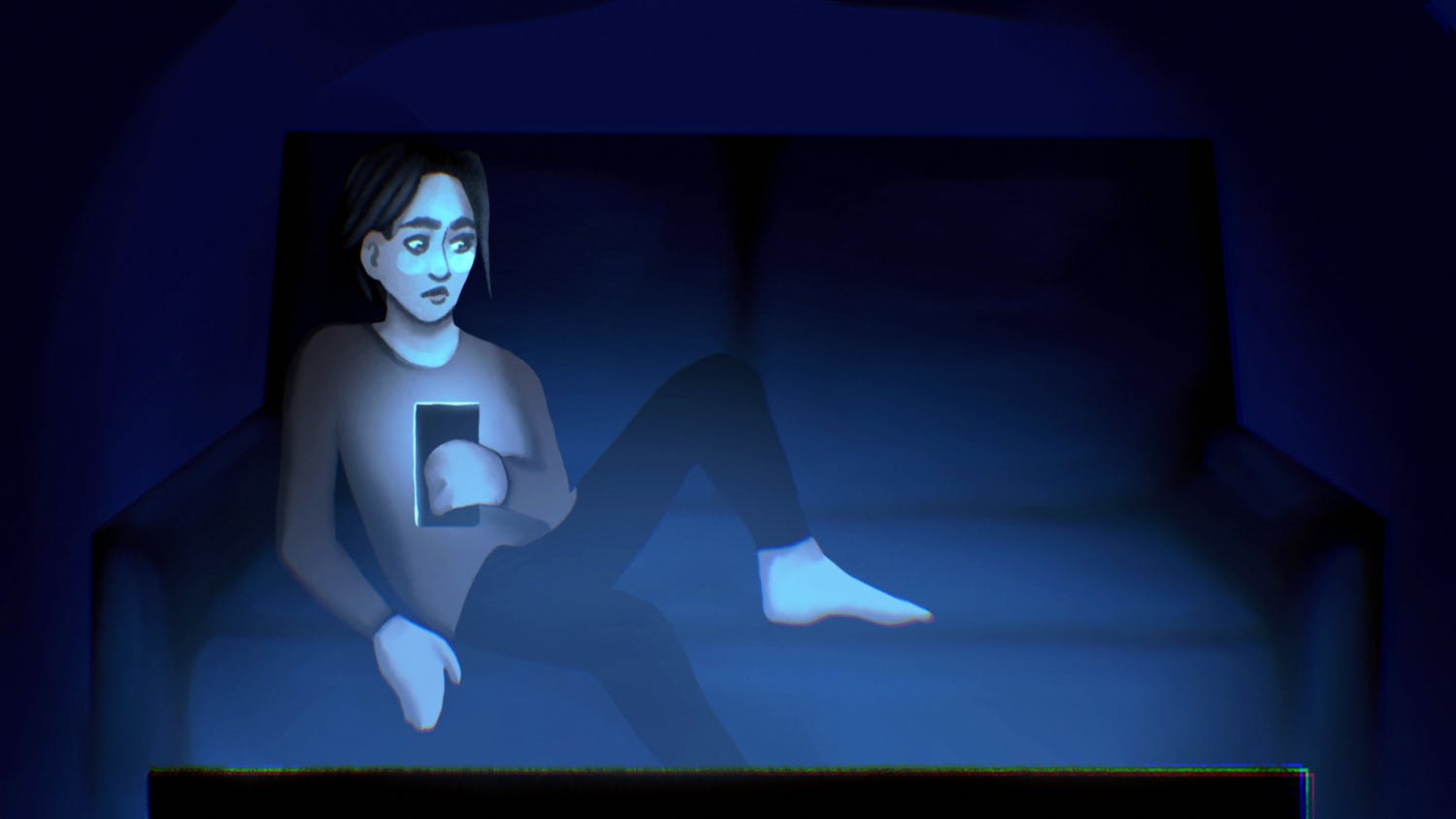Trying to add something new to all the reviews of "Bicycle Thieves" (or "The Bicycle Thief" depending on who you're talking to) since its release in 1948 is probably one of the most intimidating things you could ask a critic. What more can really be said about one of the greatest films ever made? All I can say is upon first viewing some five years ago is that it left me in tears. \nNext to the French New Wave, Italian Neorealism stands not only as one of the most important movements in European cinema history but in cinema itself. "Bicycle Thieves" director Vittorio De Sica's timeless study of a man who finally finds a job in post-WWII Italy only to have his bicycle stolen shortly after is one of the cornerstones of the movement. \nDe Sica's casting of amateur actors, in particular the casting of Lamberto Maggiorani as the forsaken protagonist, was monumental. Maggiorani's face, certainly just a common face in Italy, would become the face that embodied a post-war country; his weathered face, his haggard walk but also his fierce desire to have a place in the world is the definition of man recovering in a nation still on the road to recovery, whether it be Italy or any other country in the world. \nDespite the impact it had on me, I vowed never to watch "Bicycle Thieves" again until it was given a proper restoration and DVD treatment. Without much surprise, the Criterion Collection were the ones to take the job. The print showcased on the DVD has to be as immaculate as the one screened in Italian cinemas when it premiered in 1948. \nNever one to skimp on supplements, Criterion offers up the goods in full force with this release. While a commentary is absent, the second disc gives us two massive documentaries and numerous interviews. "Life as It Is: Neorealist Movement in Italy," is an excellent 40-minute piece that should be used in introductory film classes to get the point across of what Italian Neorealism meant to cinema and the films that defined it, where "Bicycle Thieves" is joined by two other De Sica classics, "Shoeshine" and "Umberto D.," Roberto Rossellini's "Rome, Open City," "Paisan" and "Germany Year Zero," and finally Luchino Visconti's "La Terra Trema." The other documentary, an hour-long piece on screenwriter Cesare Zavattini, explores the writer's long relationship with De Sica and his importance in Italian cinema as a whole.\nFor someone to say that one of their favorite cinema movements is Italian Neorealism should not be viewed as a branding of pretentiousness; instead, it is a symbol of appreciation for some of the most heartbreaking and beautiful work ever committed to celluloid. You owe it to yourself to see this film.
Stunning DVD for classic Italian film
Get stories like this in your inbox
Subscribe





